
Meta announced today that it is rolling out new DM restrictions on both Facebook and Instagram for teens that prevent anyone from messaging teens.
What’s more, Meta is also making its parental controls more robust by allowing guardians to allow or deny changes in default privacy settings made by teens.
Previously, when teens changed these settings, guardians got a notification, but they couldn’t take any action on them.
Meta first rolled out parental supervision tools for Instagram in 2022, which gave guardians a sense of their teens’ usage.
Meta didn’t specify what work it is doing to ensure the privacy of teens while executing these features.

Apple’s Vision Pro launch resembles its Apple Watch debut in more ways than one, but to me the most telling similarity is in the marketing approach.
The company took the same approach with the Apple Watch, which like its face computer cousin, was more or less a solution in search of a problem when it originally debuted.
But the iPhone debuted with a much more focused, and much more accurate idea of what it would become for users than the Apple Watch did.
The Vision Pro, I’d argue, is even more adrift from how and why people will come to appreciate it.
It’s terrible at a lot of other things – chief among them being the next big thing in the vein of personal computing or mobile.
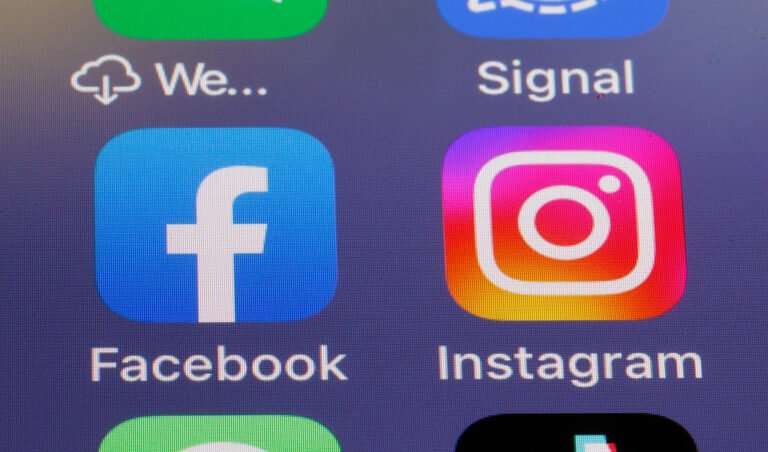
The Digital Markets Act (DMA) applies to just six (mostly US) tech giants, including Meta.
The incoming choices will also enable regional users of Facebook Messenger to stop Meta combining their data with their use of its social network.
This is the only alternative Meta currently offers EU users who don’t want it to process their information to run tracking ads.
And it remains to be seen whether EU data protection regulators will accept it.
An ex ante reform of digital competition law in Germany already led to Meta making some concessions over cross-site tracking last June.
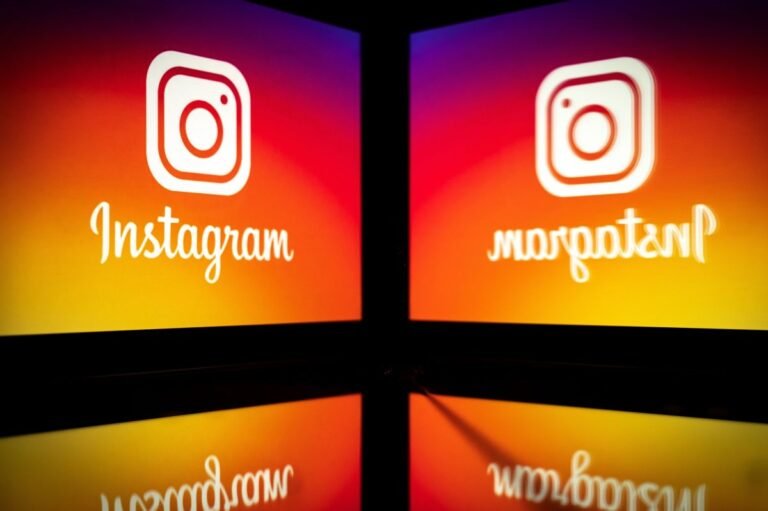
Instagram is introducing new nighttime nudges for teen accounts to limit their time on the app, the company announced on Thursday.
The new nighttime nudges will appear when teens have spent more than 10 minutes on Instagram in places like Reels or DMs late at night.
The notice will remind teens that it’s late and encourage them to close the app and go to sleep.
The nighttime nudges will be shown automatically and can’t be turned off, which means teens can’t opt in or out of seeing them.
The new nighttime nudges join Instagram’s other features aimed at reducing teens’ time on its app.

Internal Meta documents about child safety have been unsealed as part of a lawsuit filed by the New Mexico Department of Justice against both Meta and its CEO, Mark Zuckerberg.
The documents reveal that Meta not only intentionally marketed its messaging platforms to children, but also knew about the massive volume of inappropriate and sexually explicit content being shared between adults and minors.
“For years, Meta employees tried to sound the alarm about how decisions made by Meta executives subjected children to dangerous solicitations and child exploitation,” Torrez continued.
Meta’s acknowledgement of the child safety issues on its platform is particularly damning.
When including reports from Instagram (5 million) and WhatsApp (1 million), Meta platforms are responsible for about 85% of all reports made to NCMEC.

Instagram has cut 60 technical program manager positions, eliminating a layer of management at the company, according to a new report from The Information.
The impacted employees have two months to apply for other jobs at the company.
After the two-month period, their employment will be terminated if they are unable to secure a different role at the company.
The changes mean that Instagram is going to sharpen its focus on supporting creators who are most likely to drive teen engagement on the platform.
Despite the continued and ongoing regulatory pressure that Meta is facing, Instagram is still focused on teen engagement and retention.
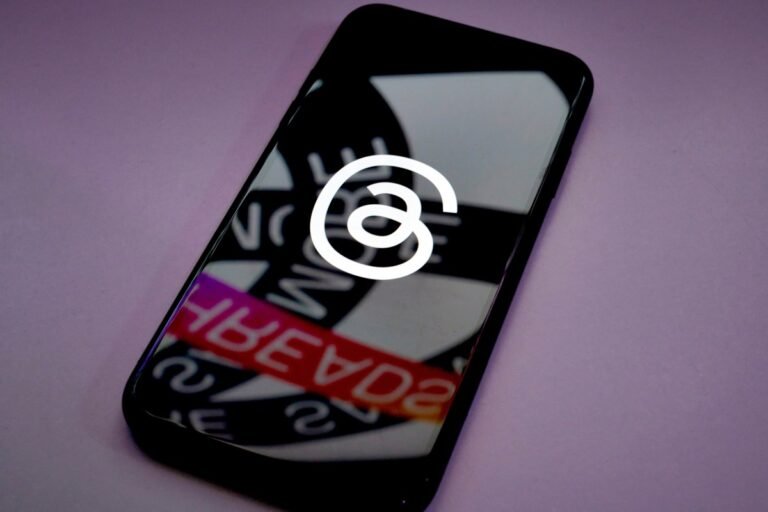
Threads’ roadmap for integrations with the fediverse, aka the network of decentralized apps that includes Twitter/X rival Mastodon and others, has been revealed.
In the meeting, which Coates characterized as a “good faith” effort by the Instagram team, the roadmap for Threads’ fediverse integration was laid out, starting with a December launch of a feature within the Threads app that would allow their posts to become visible to Mastodon clients.
Meta did, in fact, start testing ActivityPub integration in December, allowing Threads posts to appear on Mastodon.
In addition, this rule would potentially come into play when a user banned from Meta’s platform moved their content to another Mastodon server.
Other questions remained unresolved at this time — like whether Threads would surface third-party Mastodon content in its algorithmic feed, whether it would ultimately allow for algorithmic choice, whether Mastodon content would be made to appear visually differentiated from Threads’ content in some way, and more.

What then followed, last fall, was a claim from Meta that it would be switching to a consent basis for tracking.
Facebook and Instagram users who wish to continue to get free access to the services have to “consent” to its tracking — which Meta claims is valid consent under the bloc’s General Data Protection Regulation (GDPR).
Withdrawing consent in the scenario Meta has devised requires users to sign up for a monthly subscription.
So noyb’s follow-up complaint targets the inherent friction in Meta charging users money to protect their privacy.
However, by then, Meta had already shifted its claimed basis to consent, meaning it could just sidestep the regulatory intervention.
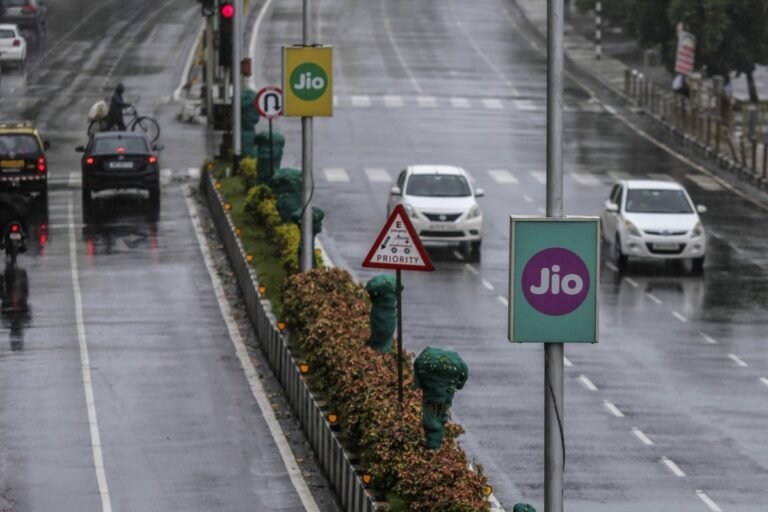
The valuation reassessment comes at a time when Reliance is expected to undertake initial public offerings for both Jio Platforms and Reliance Retail.
In 2020, Jio Platforms raised over $20 billion from a series of investments by companies like Meta, Google, Silver Lake, Vista Equity Partners and others.
Reliance Retail, which raised about $7 billion in 2020, recently raised about $1.85 billion at $100 billion valuation.
The investment bank also expects the Indian telecom industry to hike tariff in the second half of the year, it said.
“On enterprise business we see three areas where Jio Platforms could capitalize on: government contracts, SMEs and corporates (by offering VAS),” BofA added.
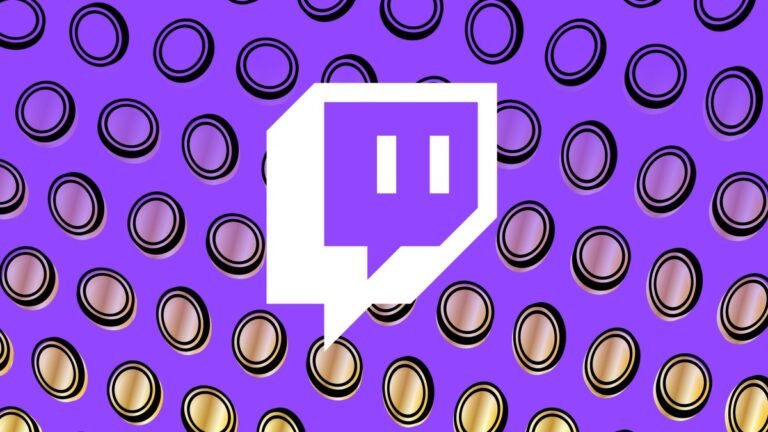
Twitch is effectively banning the “topless meta” and other implied nudity streams with another update to its attire policy.
Although the content didn’t technically violate Twitch’s attire policy forbidding actual nudity, and was properly tagged for “Sexual Themes,” the streams were still controversial in the Twitch community.
Twitch has reworked its content policies regarding nudity and sexual themes multiple times in the past month.
The topless meta went viral late last year when streamer and OnlyFans model Morgpie began appearing naked in streams.
Her “topless” streams were framed to show her bare shoulders, upper chest and cleavage.












